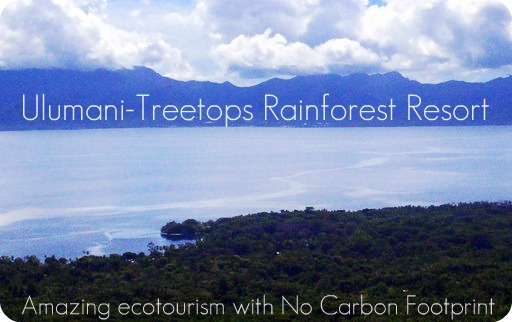
 |
| Bookings |
|
Milne
Bay - Papua New Guinea
|
|
Paradise
like no other is on your doorstep
|
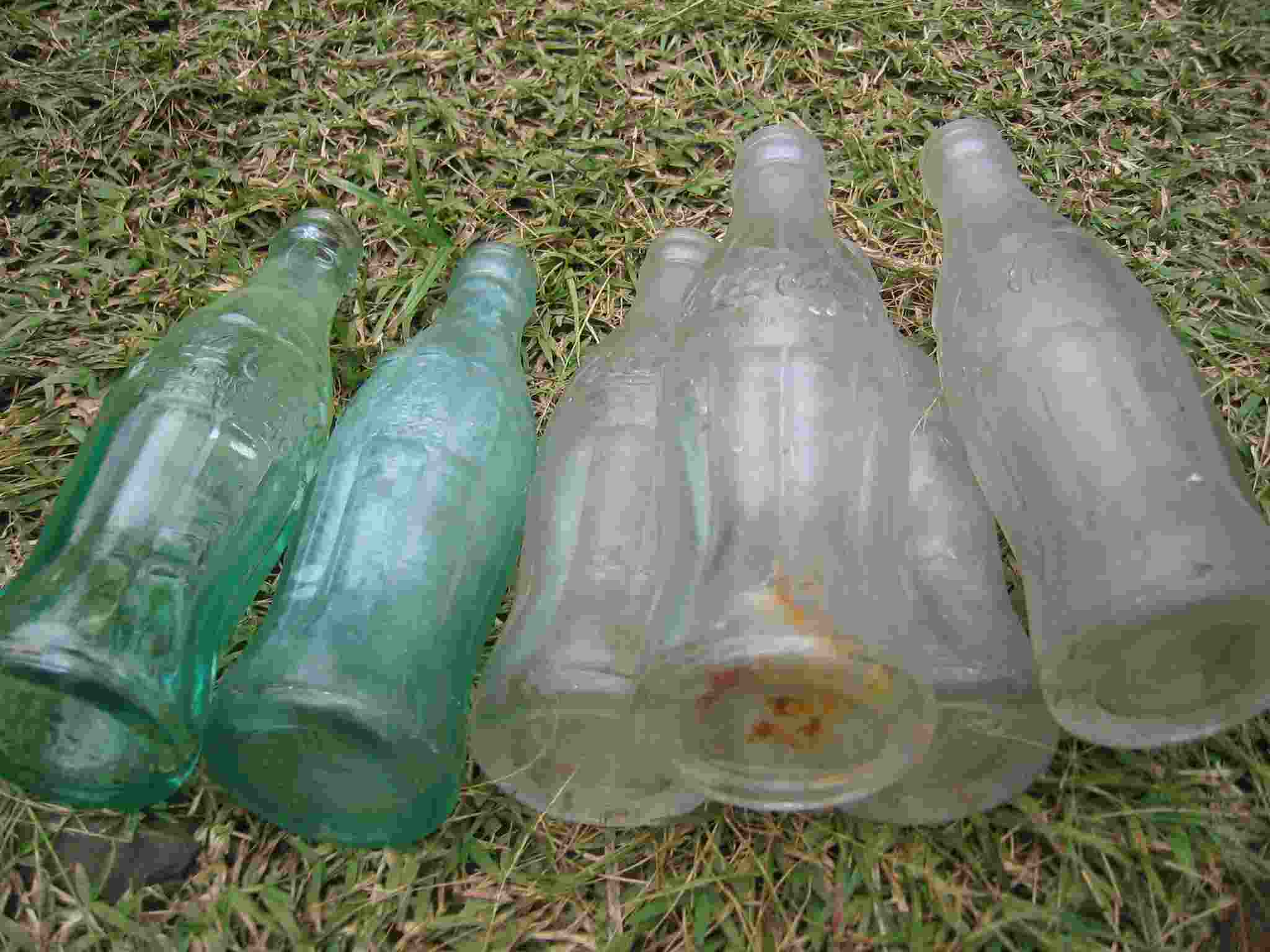 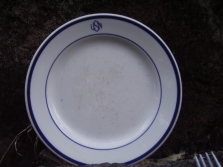 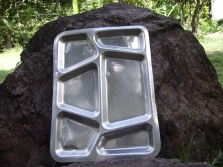 |
|
A former WWII battlefield, Milne Bay was not always a tranquil place. In August and September 1942 World War II come to the shores along the bay as Japanese and Australian forces battled for control of three airstrips that were a vital component to the Japanese plan to capture Port Moresby. The Battle for Milne Bay formed one part of a larger conflict that included the struggle by Australian and Japanese forces along the Kokoda track. After 1942, Milne Bay became a staging area for US and allied forces as the war moved further west. The bay was often teeming with ships and by wars end, it is estimated that 250,000 troops had passed through Milne Bay. |
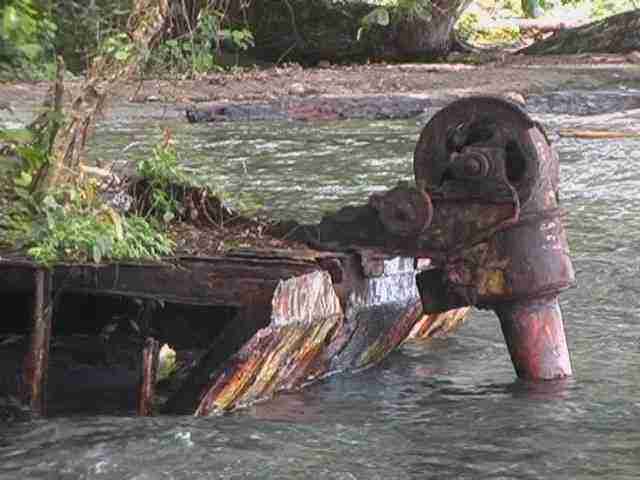 |
|
A guide can show you some remnants still on the land and near the beaches. The remains of numerous pontoons used to construct temporary floating harbours dot the foreshore in Wagawaga and nearby bays. A landing barge rusts quietly where it was beached many years ago. |
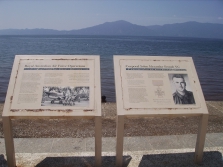 |
|
The remains of bomb shells can be seen on the land at
TreeTops Lodge, the birds, bees, butterflies and all the living creatures
make their homes from these. While in the sea, the fish, corals and all
the sea creatures make their homes too. Many divers in all parts the world
now enjoy the under water photographing and discovering what sort of wrecks
would have been during the world war two. (WWII)
|
 |
|
Wharf at Gilli Gilli built to replace the old Jetty.
|
 |
|
Australian Riflemen passing abandoned Japanese Tanks
bogged down near number three strip.
|
|
At a place called Gamadodo are the remains of a repair & maintenance facility which was used by the Seventh Fleet Amphibious force. Today many of the houses at Gamadodo village are built on the concrete pads which originally supported warehouses in 1942. |
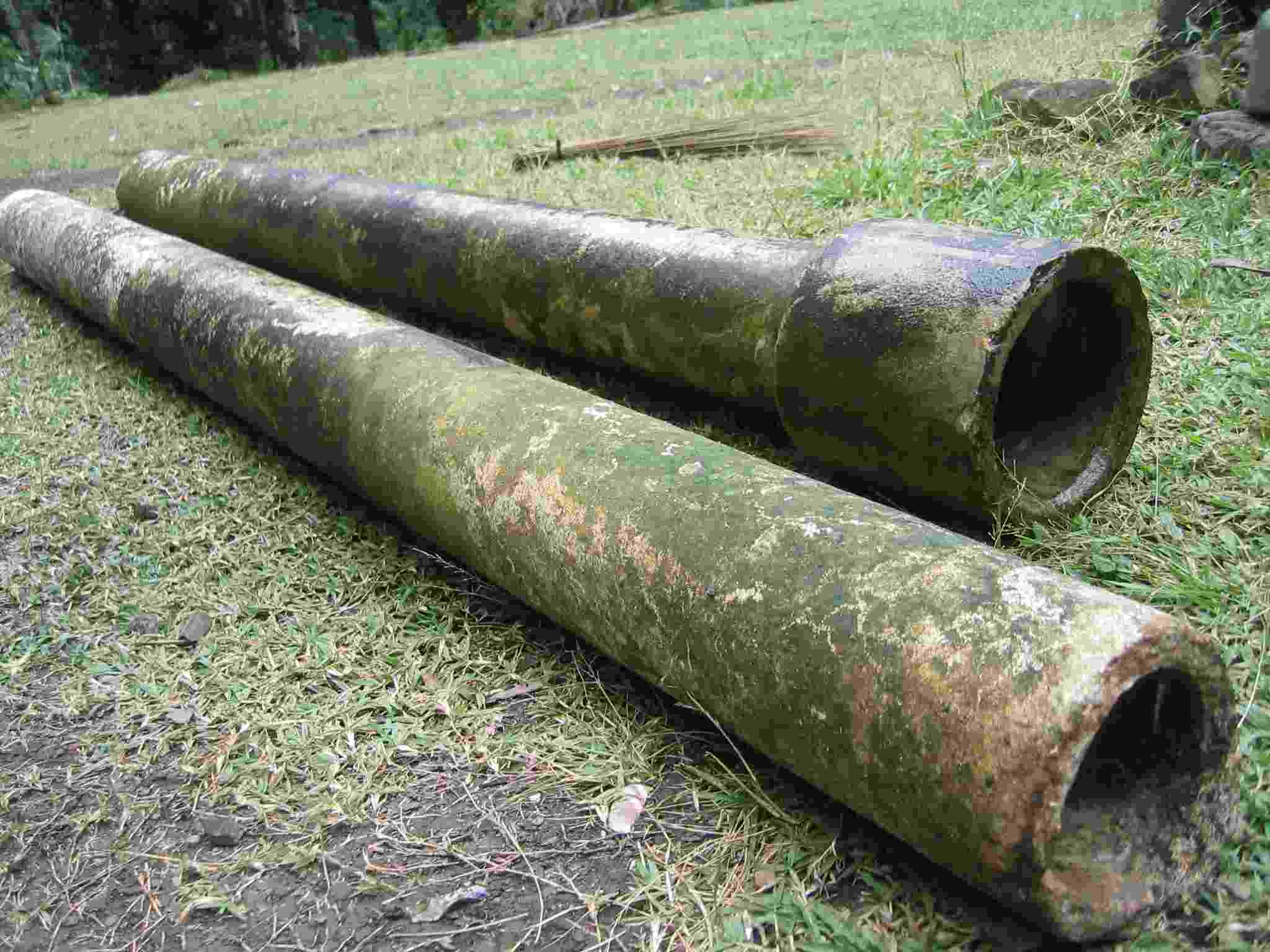 |
|
At the Southern end of Milne Bay is a place called Kana
Kope which was a PT boat base. US troops installed a pipeline to carry
fresh water from the mountains behind the beach to the jetty at Kana Kope.
The pipeline is still used by villagers today.
|
 |
|
Milne Bay Area (Photograph taken in 1946)
|
|
During your stay at Ulumani Treetops you will see reminders of those times. Stainless steel breakfast trays as shiny as the day they were issued stamped with the initials USN are still used by villagers and coca cola bottles with '43 and '44 stamped on the side look as though they were opened and the contents enjoyed by some thirsty serviceman only yesterday. |
|
What does it cost? The local currency
in Papua New Guinea is the Kina (K). At current exchange rates K3 are
equivalent to $1 US.
|
|
Daily exchange rates can be found
on Bank of South Pacific website www.bsp.com.pg on exchange page
|
|
Daily flights from Brisbane with
Qantas & Air Niugini
|
|
Brisbane - Port Moresbay 1300
miles - 3 hours
flight
|
|
Daily flights from Cairns with
Qantas & Air Niugini
|
|
Cairns
- Port Moresby 524 miles - 1 hour 25 minutes flight
|
|
Daily flights
from Port Moresbay with Qantas & Air Niugini
|
|
Port
Moresby - Alotau 223 miles - 1 hour flight
|
|
Your host and guide, Warren Dipole,
Kuwelo Bonaruwa and Owen Podi
|
|
Phone and Fax: + 675 641 0916
|
|
Mobile + 675 6593 202 Digicel
Mobile +675 7189 8150
|
|
email info@pngbackpacker.com
|